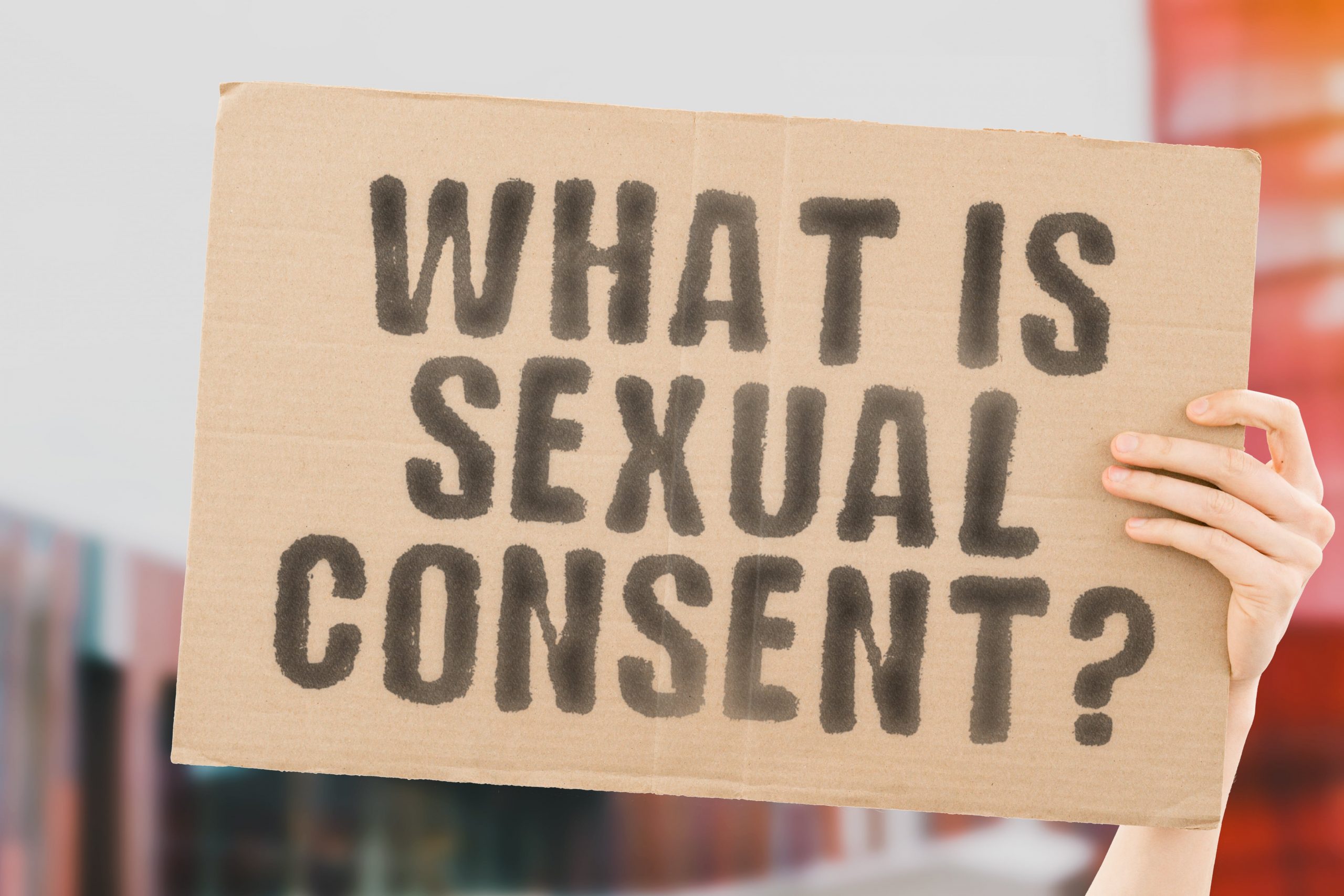Share This Article
Key Takeaways
The new affirmative sexual consent laws in NSW introduce a communicative model of consent requiring each participant of sexual activity to seek out whether the other consents. It recognises that consent is not assumed, that it’s a free and voluntary agreement, and that consent to one sexual activity is not necessarily consent to another sexual activity.
The new affirmative consent laws aim to acknowledge and address the misconceptions that consent for one sexual activity is consent to any other sexual activity.
What is Consent? | What is Affirmative Consent?
The main definition of consent is the free and voluntary agreement to sexual activity at the time of the sexual activity.
Consent must be present not only at the time of the sexual activity, but consent must also be present across different sexual activities during the sexual continuum.
Here is more on the legal age of consent in Australia.
What Do the New Affirmative Consent Laws Say?
section 61HI Crimes Act 1900 (NSW) says that:
- A person consents to a sexual activity if he/she freely and voluntarily agrees to it at the time of the sexual activity.
- If withdrawing consent during sexual activity, the withdrawal of consent is required to be communicated by words or conduct otherwise consent will not be considered to have been withdrawn.
- Sexual activity will be without consent if the sexual activity continues after consent is withdrawn.
- Not resisting to a sexual activity (by words or conduct) does not, by reason only of that fact, amount to consent.
- Consenting to one particular sexual activity does not automatically for that reason alone mean that there is consent to any other particular sexual activity. Example: consent to sexual activity with a condom does not amount to consent to sexual activity without a condom.
- Consent to a sexual activity on one occasion is not considered, by that reason alone, to be consent to sexual activity with the same person on another occasion.
More on consent laws? Our experienced sexual assault lawyers Sydney based are happy to chat over a confidential discussion.
What Amounts to No Consent?
The law says that there is no consent if any of the following circumstances apply under action 61HJ:
- If the person doesn’t say or do anything to communicate consent ie where a person “freezes”,
- The person has no capacity to consent or is soo drug or alcohol effected that he/she is incapable of consenting,
- If the person is unconscious or sleeping,
- The person agrees to participate because of force or fear of serious harm, including threats of harm to another person, property or an animal,
- If the person agrees to participate because of coercion, blackmail or intimidation, or because the person is unlawfully detained, or overborne by abuse of a relationship of authority, trust or dependence, or because of fraudulent inducement (fraudulent inducement does not include misrepresenting your income, wealth or feelings),
- If the person is mistaken about the nature or purpose of the sexual activity, or mistaken about the identity of the other person, or mistaken about being married to the other person.
3 Ways to Prove the Accused Knew there was No Consent
The law provides three ways to establish knowledge of non-consent under section 61HK, namely:
- The accused knew there was no consent, or
- The accused was reckless in the sense he/she either realised the possibility there was no consent but continued, or didn’t care, or didn’t turn their mind to whether or not there was consent, or
- The accused has no reasonable grounds for believing there was consent (was the accused belief that there was consent objectively reasonable?)
Often sexual assault cases fall into the last category where an accused person argues that he/she believed that there was consent.
To determine this, the law says that the prosecution must negate any reasonable possibility that the accused person held a reasonable belief that there was consent. This is another way of saying that the prosecution must prove beyond reasonable doubt that the accused’s belief as to consent was not reasonable in the circumstances.
In fact, section 61HK(2) says that belief that there was consent will not be reasonable if the accused person fails to say or do anything to find out whether the other person consents (within a reasonable time before or at the time of the sexual activity).
This means that anyone engaging in sexual activity must try to ascertain whether or not the other person consents, and this enquiry must be done within a reasonable time before or at the time of the sexual activity. Otherwise, it can amount to non-consensual sex warranting serious criminal penalties in NSW. This is known now as the new affirmative consent laws.
Intoxication that is self-induced is not taken into account and is completely disregarded when considering whether the accused person held a reasonable belief that there was consent.
All circumstances are considered including whether or not, and/or what the accused person said or did at the time to enquire about consent.
The only situation when the affirmative consent laws don’t apply to an accused person is if the accused person, at the time of the sexual activity, had a cognitive impairment or mental health impairment, and that impairment was a substantial cause of him/her not saying it doing anything to ascertain consent. The accused person in those circumstances bears the onus of proving this on the balance of probabilities.









